Gender-based violence worsens during natural disasters
'It's like a war zone': Women are 14 times more likely to die from natural disasters, researchers say that women should be the focus of climate policy as they face increased violence and homelessness following natural disasters.

One woman lived in fear when her husband began drunkenly punching her car and throwing glass bottles at it, the Australian Associated Press reports. Another woman acknowledged her partner's escalating violence when her young son suddenly told a stranger: «My daddy is really mean to my mum.» And while driving down a country road, another woman's husband suddenly slammed on the handbrake during an argument.
More than a decade has passed since these stories of domestic violence after Victoria's Black Saturday bushfires in 2009 were published in a landmark study showing gender-based violence increases after a disaster.
Since then, the Australian Associated Press notes, research has found sharp spikes in domestic violence during the Millennium Drought, Covid-19 lockdowns and after the catastrophic floods on NSW's Northern Rivers in 2022.
According to a report on domestic violence in New South Wales released after the disaster, communications were cut off during the floods, forcing case workers to call women using small antennas attached to generators in their cars.
< p>“It's like being in a war zone,” said a worker for an anti-domestic violence organization in a statement to state parliament.
But despite years of evidence, Australian researchers say the policy climate and environmental protection continues to fail to fully address the serious risks women face during and after natural disasters.
According to Australia's Women's Environmental Leadership, women are 14 times more likely to die from natural disasters and account for 80% of those displaced.
“The impacts are not always the same,” said the organization's research director, Carla Pascoe. Leahy. “There are social inequalities, but women are also economically disadvantaged, and… when a crisis hits, they have less security and less resources to draw from.”
Violence against women often escalates during natural disasters because traditional gender roles tend to become more entrenched, the report says.
While men typically perform roles that are considered heroic, e.g. , rescue people from floods, fight fires, clean up and rebuild, women do most of the work caring for the sick.
Steve O'Malley, an emergency services worker, talks to first responders about how Gendered expectations can normalize violence during emergencies.
“The study showed that the perpetrators of the violence were men who were also involved in the disaster response, so there was a sense that they should be forgiven,” O'Malley says. “There is a correlation between the causes of violence, which are power and the choice to engage in violence, but society has forgiven it because of what men have gone through.”
He believes that preventing gender-based violence should be “core focus of the emergency response sector, which is often dominated by men.
Dr Pascoe Leahy, who led the study on women's leadership, said environmental policy needed to take a gender perspective to better protect vulnerable populations from the disproportionate impacts of disasters disasters.
“We have amazing research in the Australian context that policymakers can use to start responding to this,” she said. “This should come to their attention.”




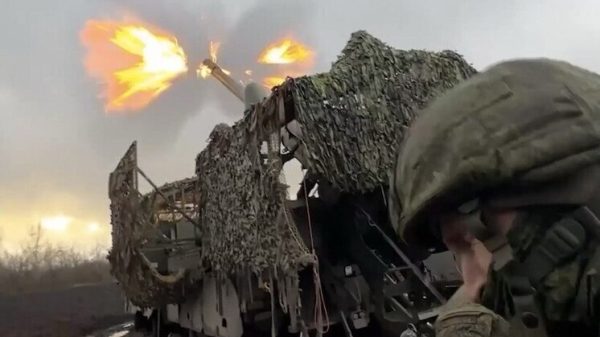


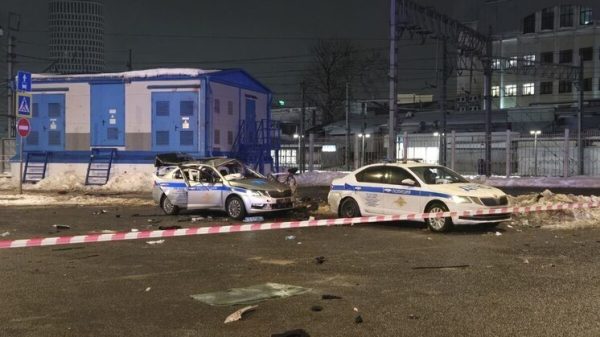

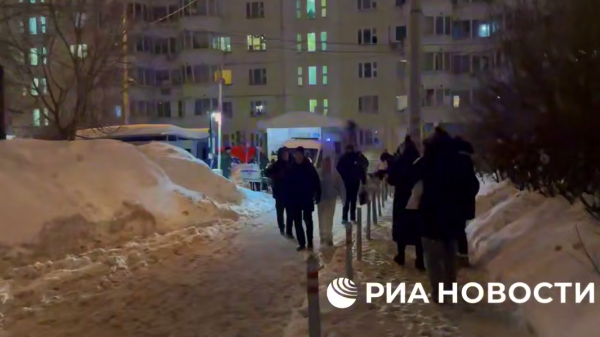
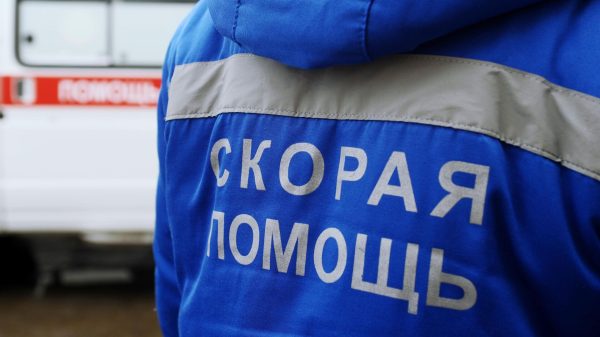
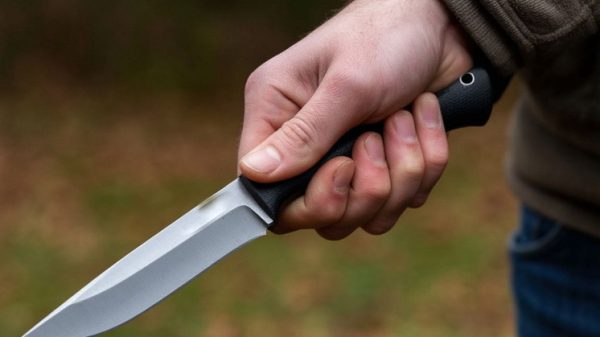

















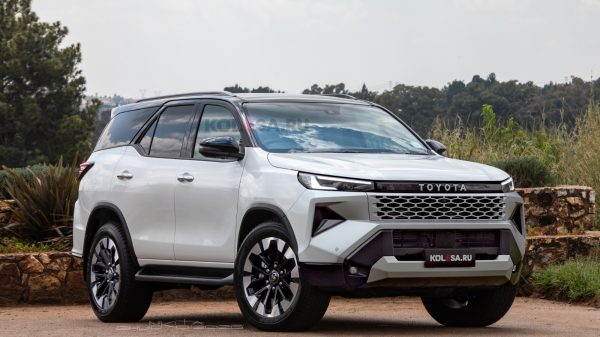






















Свежие комментарии